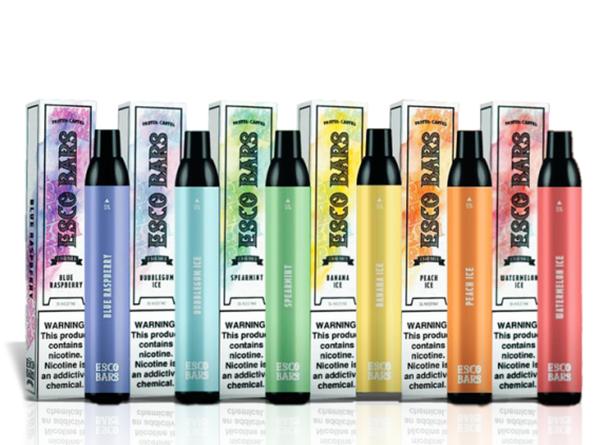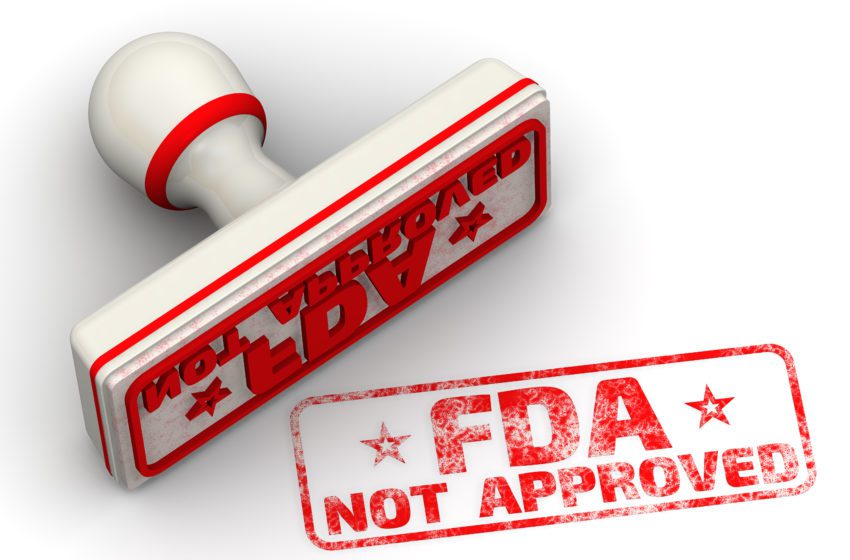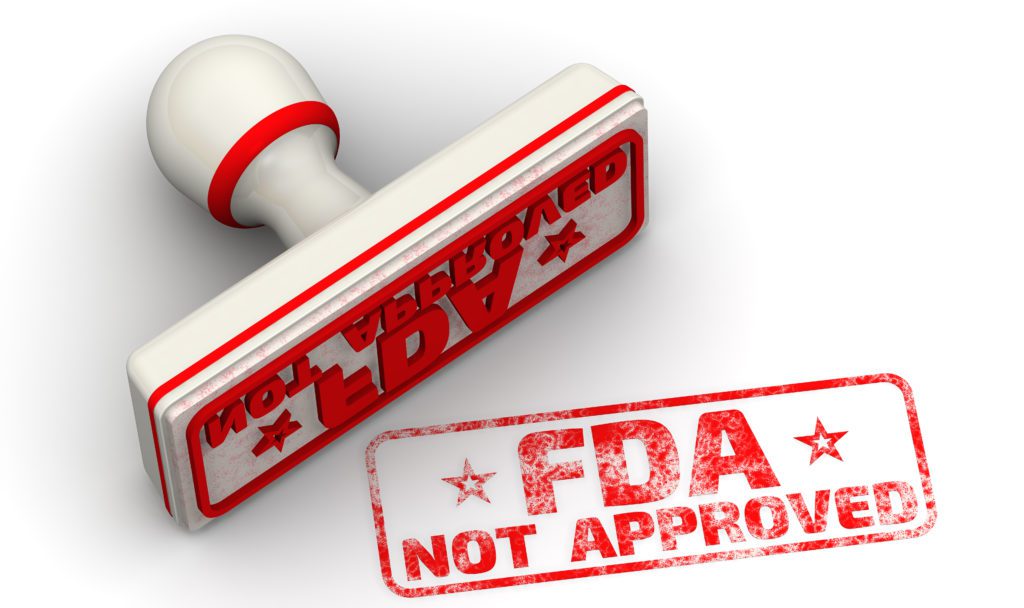
The U.S. Food and Drug Administration is continuing its crackdown on illegal disposable vape devices. The regulatory agency has issued warning letters to 189 retailers for selling unauthorized tobacco products, specifically Elf Bar and Esco Bars brands.
“The FDA is prepared to use all of its authorities to ensure these, and other illegal and youth-appealing products, stay out of the hands of kids,” said FDA Commissioner Robert M. Califf. “We are committed to a multipronged approach using regulation, compliance and enforcement action and education to protect our nation’s youth.”
The warning letters are the result of a nationwide retailer inspection blitz over the past several weeks cracking down on the sale of these unauthorized e-cigarettes.
The FDA continuously monitors the marketplace and took these actions as emerging marketplace data led to concerns over their appeal and risks to young people, according to an FDA release. More specifically, the agency’s ongoing surveillance efforts helped FDA identify Elf Bar and Esco Bars as being among the most popular brands in the United States and having high youth appeal.
“All players in the supply chain—including retailers—have a role in keeping illegal e-cigarettes off the shelves,” said Brian King, director of the FDA’s Center for Tobacco Products (CTP). “This latest blitz should be a wake-up call for retailers of Elf Bar and Esco Bars products nationwide. If they’re waiting for a personal invitation to comply with the law, they might just get it in the form of a warning letter or other action from the FDA.”
Last month, the FDA issued import alerts for all products under both the Elf Bar and Esco Bars brands. An import alert places these tobacco products on the red list, which makes them subject to Detention Without Physical Examination and allows the FDA to detain a product without physically examining it at the time of entry.
Elf Bar and Esco Bars products do not have the required marketing authorization from the FDA.

















